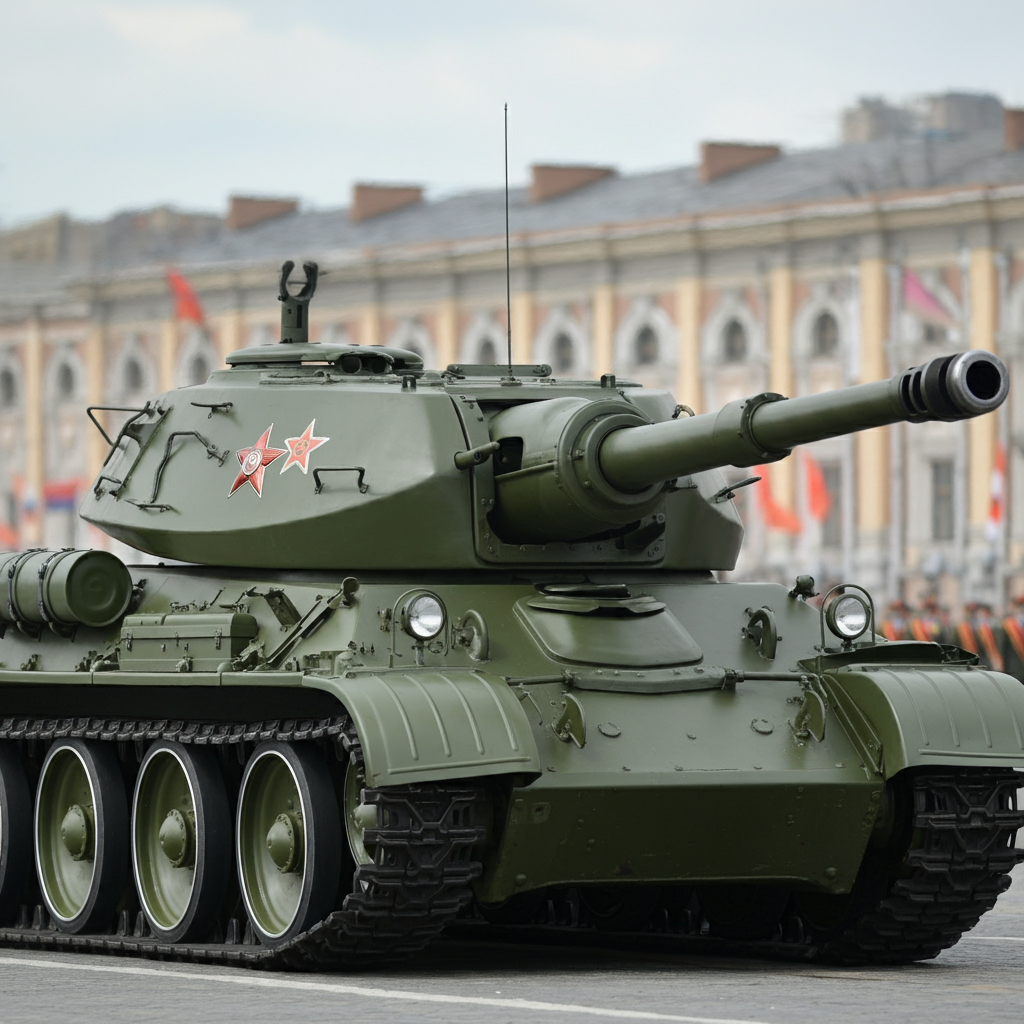Here is a snapshot from our Russian Draft Narrative Intelligence brief.

This Russian Draft narrative is driven by 69 sources in the U.S. Media module, amplifying 113 narrative items.
Today, our Narrative AI highlights geopolitical tensions and domestic policy shifts. These narratives connect themes of election interference, military preparedness, and international diplomacy, illustrating how past events shape current U.S. strategies and perceptions, particularly regarding Russia, Ukraine, and the role of the UN.
The geopolitical landscape is increasingly shaped by demographic shifts, military readiness, and international relations. The U.S. intelligence community's assessment of Russian election interference highlights the complex interplay of domestic politics and national security. The report's implications have fueled tensions between the Trump administration and intelligence agencies, raising concerns about the integrity of democratic processes.
Demographically, the U.S. faces a diverse population with varying views on military conscription, a topic that has resurfaced amid rising global tensions, particularly regarding China and Taiwan. The potential for a draft reflects anxieties about military preparedness and the need for a unified governmental approach to national defense.
Geographically, the ongoing conflict in Ukraine has significant implications for European security. Ukraine's territorial gains in Kursk Oblast demonstrate its resilience against Russian aggression, which has bolstered national morale. However, the conflict also underscores the limitations of international bodies like the United Nations, which struggle to effectively mediate crises, as seen in the debates over Russia's actions and the Israel-Hamas conflict.
Economically, Russia's military capabilities are under strain, exemplified by the deteriorating condition of its sole aircraft carrier, the Admiral Kuznetsov. This situation is exacerbated by resource constraints due to the protracted war in Ukraine. Additionally, Russia's outreach to North Korea for arms and labor signifies a desperate attempt to sustain its military efforts.
Politically, the tightening of laws on foreign-funded NGOs in Russia reflects a broader trend of suppressing dissent and civil liberties, further complicating the internal landscape. As nations grapple with these multifaceted challenges, the need for strategic alliances and robust defense policies becomes increasingly critical.
Our Kudzu Narrative Intelligence brief auto-updates every few hours with fresh analysis:
Note: Kudzu Narrative Intelligence briefs update every few hours. Very likely, the Narrative Analysis above will have changed as well.
Image Credit for Article Header: Gemini AI